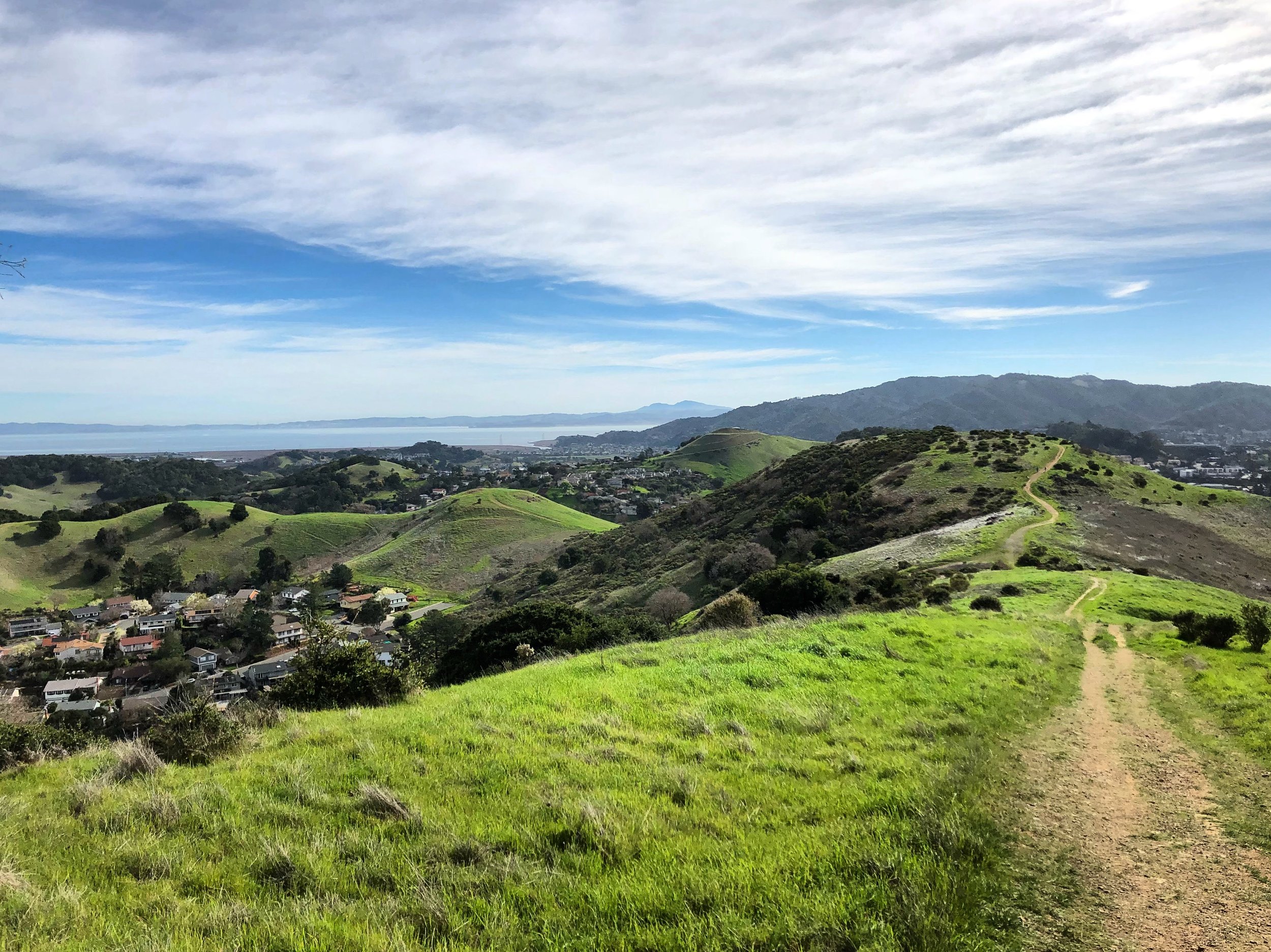
My Journey
In 2014 I lost a very close friend to pancreatic cancer. I was with him for every scan, biopsy, chemotherapy, radiation, and medical appointment from the time of his initial diagnosis to the time of his passing 9 months later. He was 44 years old.
In 2021 my father-in-law had a tragic fall and although I was by his side within minutes, coordinated care with neurosurgery, various hospital providers, and staff, he passed away a month later at the age of 66.
In both cases, I felt helpless, because as a physician, I could not affect the horrible outcome. It made me realize that I can make the biggest difference in my patients' lives by spending the time necessary to gain in-depth knowledge of their health and their family life, to focus on the prevention of illness, and to help them and their families navigate the healthcare system, which is becoming increasingly more technology-driven and impersonal.

Slow Medicine
I believe in the importance of a thorough physical exam, of having the flexibility to visit patients at the hospital, skilled nursing facility, or their homes, of spending time with families to support tough medical or end of life decisions.
Everyone needs to have a Primary Care doctor who really cares about them and is able to provide both interpretation of the medical science, and a personal touch in reviewing results, options, and plans that can be so critical.
For these, and many other important facets of managing and coordinating good care, the most important resource I need is time, and the only way to ensure adequate time for each patient is to keep the practice size small.